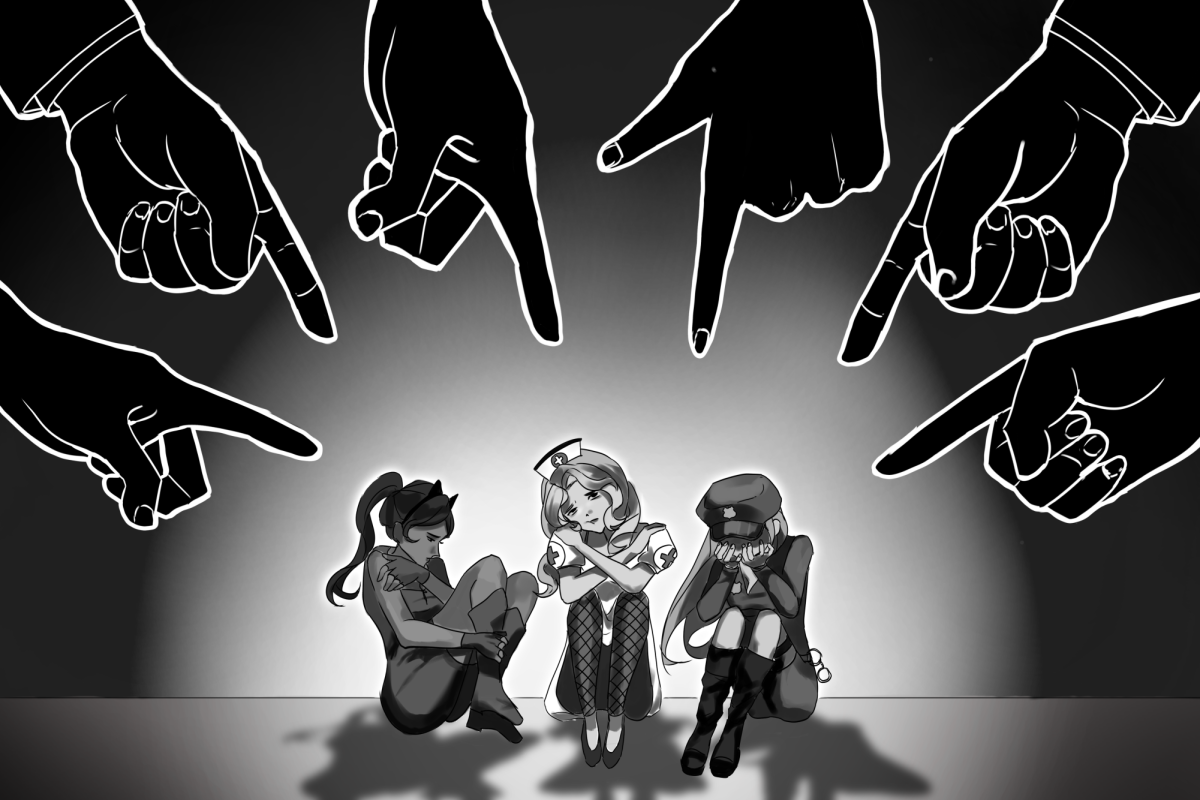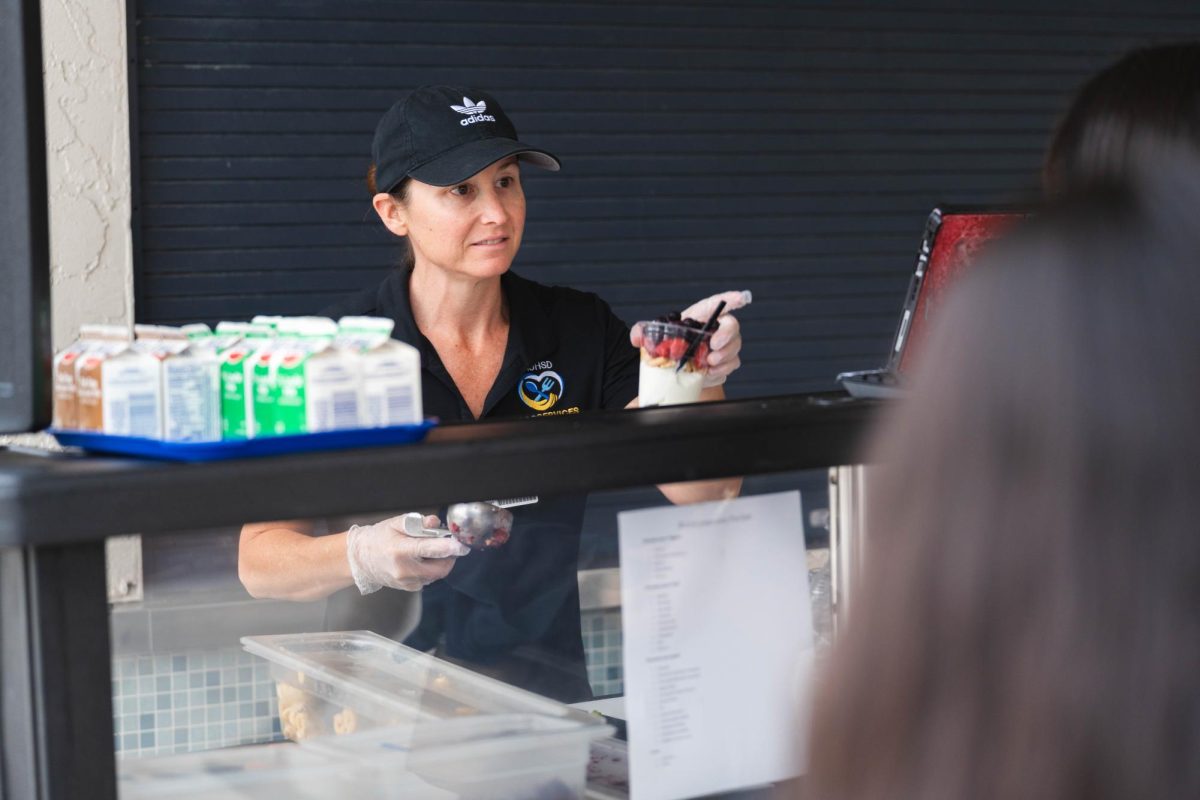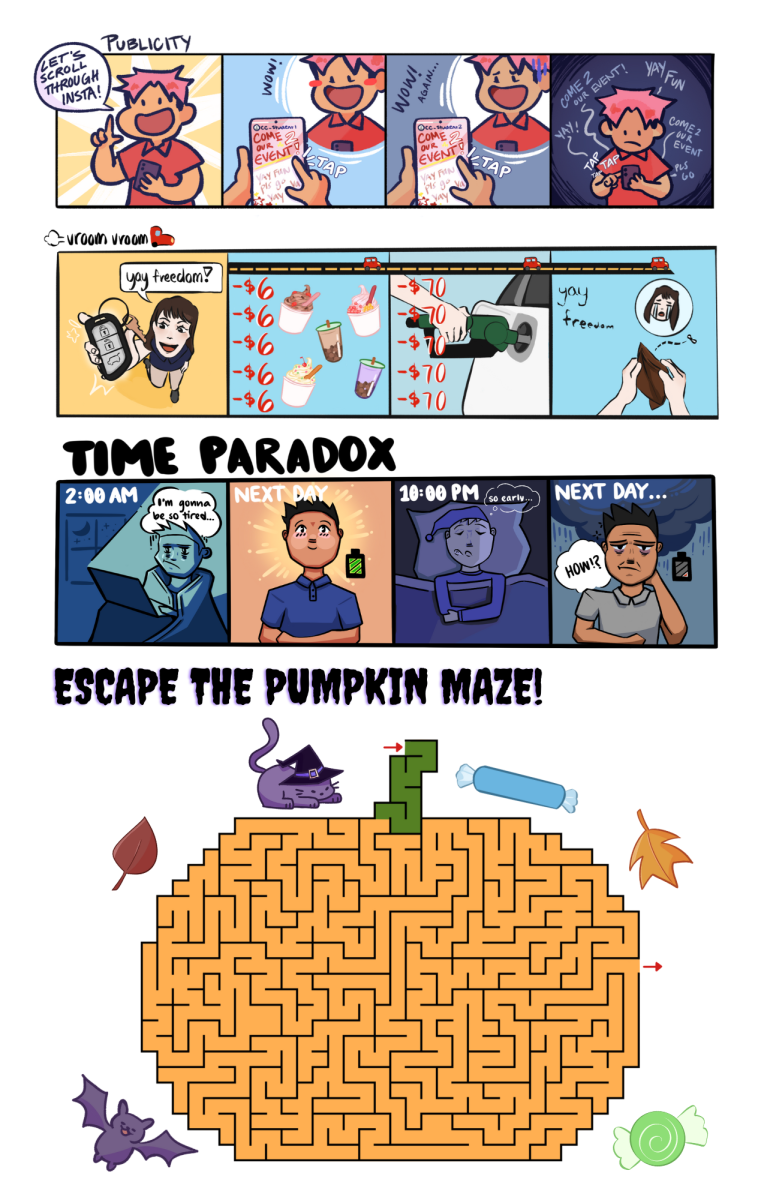Ranked second in 2022 Netflix Korea Television streams, South Korean show “Alchemy of Souls” crosses genres in its historical fantasy story, embedding mystical elements and martial arts into a Joseon-inspired scene. The series aired Season 1 the past summer and the second from December 2022 to January 2023. Season 1’s mixture of fun, daring, and melancholy balanced an intricate plot with enthralling action, however the long-awaited second season gave a lackluster ending to the show.
In a world of mages, four powerful houses stand out: Jin, Park, Seo, and Jang. Despite their virtuous reputations, they all have practiced the sorcery they outwardly condemn: from performing the alchemy of souls, which allows people to swap bodies, to vying for the ice stone that grants mages immense power. As their pasts come to light, Jin Mu (Jo Jae-yoon), mage of the royal family, takes advantage of the disarray to take the ice stone for himself.
Naksu (Go Youn-jung), the protagonist, was Jin Mu’s student, molded by him into a feared assassin. Despite her daunting skill, she becomes fatally wounded in the first episode. In a last-ditch effort at survival, she performs the alchemy of souls, accidentally shifting her soul into the body of Mu-deok (Jung So-min), a weak servant.
Heir to the Jang family Jang Uk (Lee Jae Wook) was powerless since infancy and needed a master to turn him into a skilled mage. Upon meeting Naksu as Mu-deok, he realizes her true identity and asks to be her student, which she agrees to as long as he helps her regain her strength.
Season 1 excels for its remarkable world-building and inventive plot. The series takes the time to build an immersive story, exploring characters and relationships beyond the protagonists while gradually unveiling the corruption among the country’s leaders. Suspense escalates as Jin Mu’s plans are revealed and he plays each piece, from Naksu to the royal family, leaving viewers in anticipation of what’s next.
Contrasting the heavy plot, Jang Uk’s easy-going personality adds a lighthearted touch as he bickers with Naksu and her overbearing demands as his master. The character development shines, with Jang Uk advancing in strength and discipline to the point he conquers the ice stone, and Naksu evolving from a cold-hearted killer to giving up the chance of power so she could save others — a hopeful indicator that Jin Mu’s plans are undoing itself.
This changes when Jin Mu supposedly kills off Naksu at the end of the first season. Assumed dead, she ends up saved by the Jin family when they realize the body Naksu inhabits, Mu-deok, belongs to their long-lost heir, Jin Bu-yeon. To keep the body and bloodline alive, the Jin family secretly discards Mu-deok’s soul for Naksu’s, causing Mu-deok’s body to revert to Naksu’s appearance and leaving Naksu without memories.
Jang Uk, now empowered by the ice stone, meets Naksu as Jin Bu-yeon. Naksu doesn’t remember Jang Uk and Jang Uk doesn’t recognize her new face, but they manage to build an alliance and work to expose Jin Mu’s plans.
Though visually dramatic, Season 2 ultimately disappoints. The show grants Jang Uk’s character stunning growth as he becomes a nearly-invincible mage. However, it overly capitalizes on his newfound strength, ending nearly every episode with the same resolve: Jang Uk heroically saves the day with little help from others — despite the arsenal of intelligent and powerful characters in “Alchemy of Souls.”
As a result, Naksu’s character arc, in particular, gets the short end of the stick. The first season heavily emphasized her strong will, bravery, and cunning strategy, even without powers. In contrast, Naksu spends much of the second season passively following Jang Uk around on his fearless endeavors. Instead of working as a pair, Jang Uk often has to save Naksu like a classic damsel-in-distress, reducing Naksu from a formidable female lead to a means of showcasing Jang Uk’s abilities.
Furthermore, rather than the interconnected, action-packed tale the last season had, subplots of the second season are unrelated and mainly serve to individually tie up loose ends. With time lost to introducing different side quests, the main plot slows to a crawl.
To compensate, much of the action is crammed into the final episodes, resulting in an unsatisfying end to the series.
However, Season 2 isn’t a complete loss. The reprise of familiar characters and their paths to overcome obstacles gives a sense of closure in spite of its execution, and pressing questions from Season 1 are finally answered and put to rest.
Despite its dull ending, “Alchemy of Souls” remains a worthy watch for the epic arc of the first season. The vast worldbuilding can be intimidating but pays off in its adventurous story unique to the typical K-drama scene.
































































